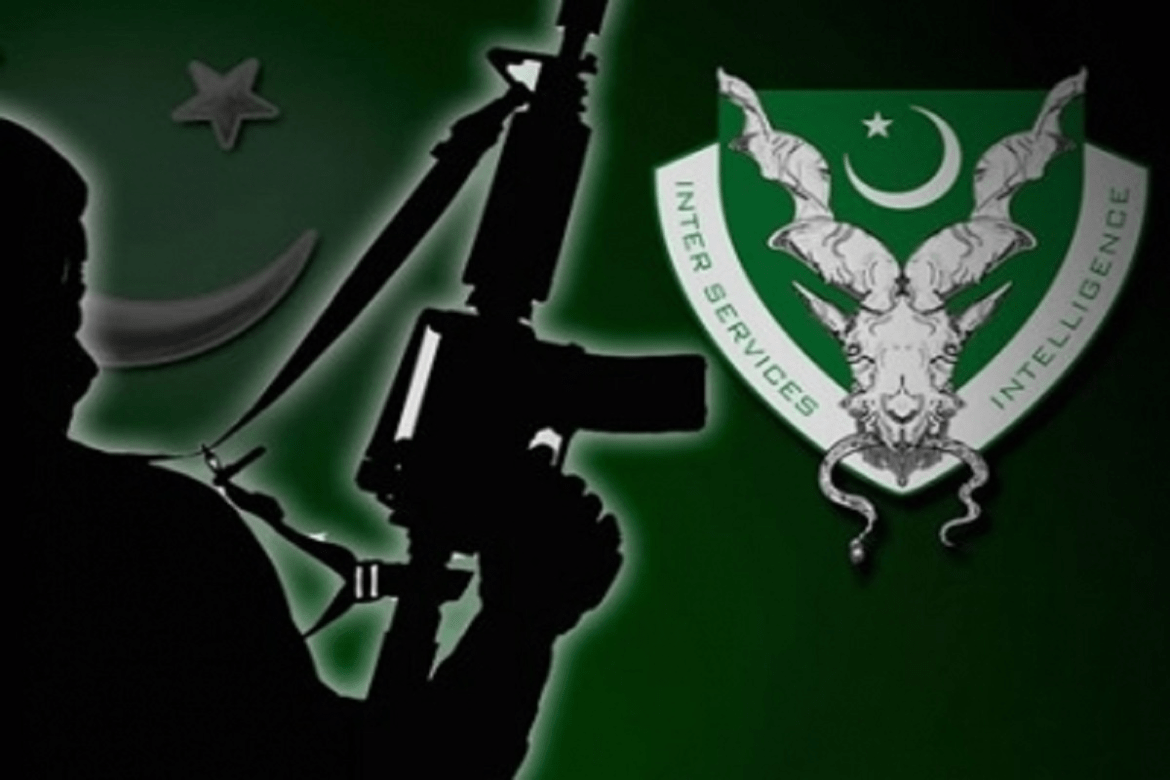AI Generated Summary
- The letter, addressed to the SJC and all judges of the Supreme Court, underscores the imperative need for guidance on how judges should respond to and report instances of executive interference, particularly by intelligence agencies, which impede the discharge of their official duties and qualify as intimidation.
- They advocated for a judicial convention to deliberate on the issue comprehensively, focusing on the interference of intelligence operatives in judicial functions and the intimidation of judges, both of which undermine the judiciary’s independence.
- As the call for a judicial convention resonates, it remains to be seen how the Supreme Judicial Council and the broader legal fraternity will respond to this urgent plea for safeguarding the pillars of justice in Pakistan.
In a startling development within Pakistan’s judicial landscape, the Islamabad High Court (IHC) judges have made a fervent appeal to the Supreme Judicial Council (SJC), seeking urgent attention to what they describe as undue interference by Pakistan’s Inter-Services Intelligence (ISI) in judicial affairs.
According to a report by Geo News, all seven judges of the IHC, excluding Chief Justice Amer Farooq, have collectively penned a letter urging the SJC to convene a judicial convention to address the concerning issue. The missive highlights grave concerns regarding senior ISI officials allegedly wielding influence over judicial proceedings and exerting pressure on judges.
The letter, addressed to the SJC and all judges of the Supreme Court, underscores the imperative need for guidance on how judges should respond to and report instances of executive interference, particularly by intelligence agencies, which impede the discharge of their official duties and qualify as intimidation.
The genesis of this appeal traces back to the contentious removal of former IHC Justice Shaukat Aziz Siddiqui. Justice Siddiqui’s removal, deemed illegal by the apex court, raised eyebrows as it was based on a report by the Supreme Judicial Council, which the recent judgment concluded was wrongful. Justice Siddiqui had previously made public allegations implicating ISI operatives, led by Major General Faiz Hameed, in influencing bench formations and interfering with proceedings at the Accountability Court Islamabad.
The recent verdict highlighted a critical flaw in the process, noting that the truth or falseness of Justice Siddiqui’s allegations was considered irrelevant by the SJC. It further pointed out the absence of clear guidelines within the SJC’s code of conduct for judges on how to address instances of intimidation and interference that compromise judicial independence.
Expressing deep-seated concerns, the IHC judges emphasized the necessity of probing whether there exists a systematic policy within the executive branch to meddle in judicial affairs. They advocated for a judicial convention to deliberate on the issue comprehensively, focusing on the interference of intelligence operatives in judicial functions and the intimidation of judges, both of which undermine the judiciary’s independence.
Moreover, the judges underscored the need for institutional consultation to devise effective mechanisms for safeguarding judicial independence and holding accountable those who undermine it. They stressed the importance of clarifying the course of action for individual judges confronted with interference or intimidation by executive members.
The plea from the IHC judges underscores a growing unease within Pakistan’s judicial community regarding the encroachment of intelligence agencies in judicial matters. It highlights the delicate balance between executive authority and judicial independence, underscoring the paramount importance of upholding the rule of law and ensuring the judiciary’s autonomy.
As the call for a judicial convention resonates, it remains to be seen how the Supreme Judicial Council and the broader legal fraternity will respond to this urgent plea for safeguarding the pillars of justice in Pakistan.




